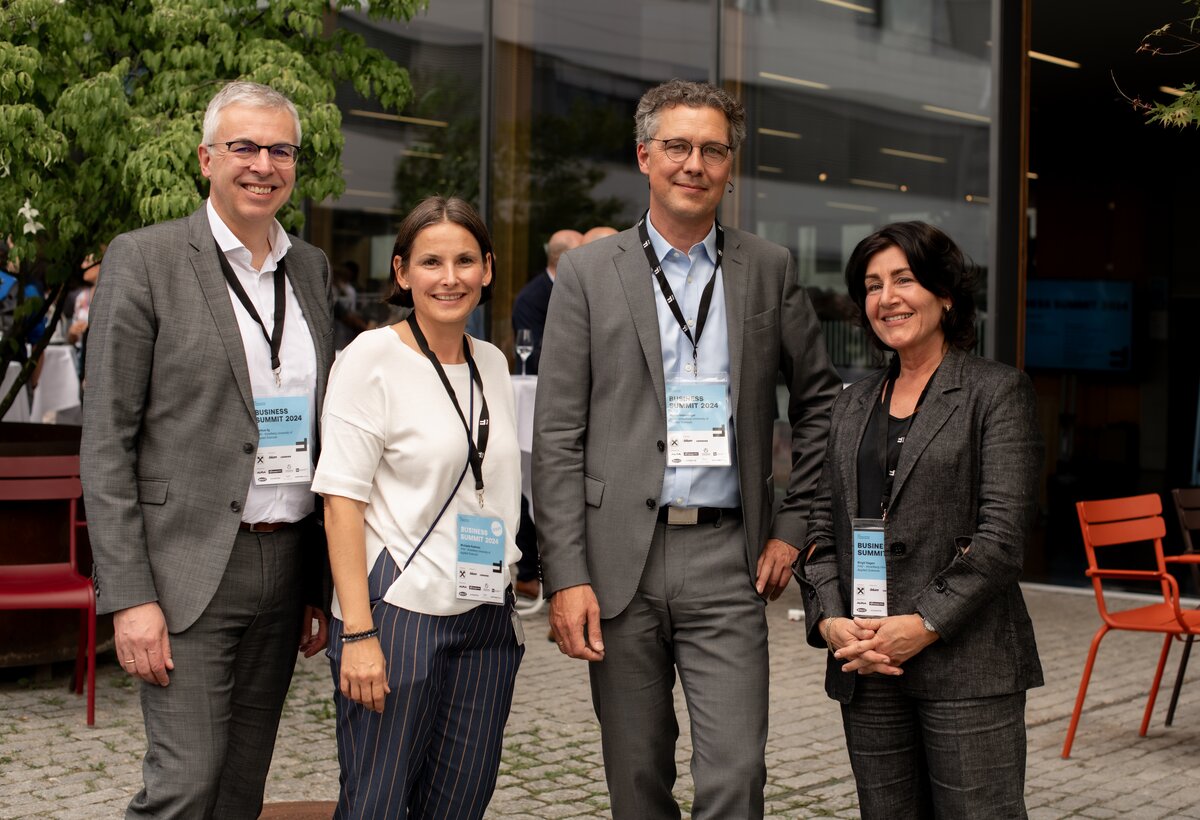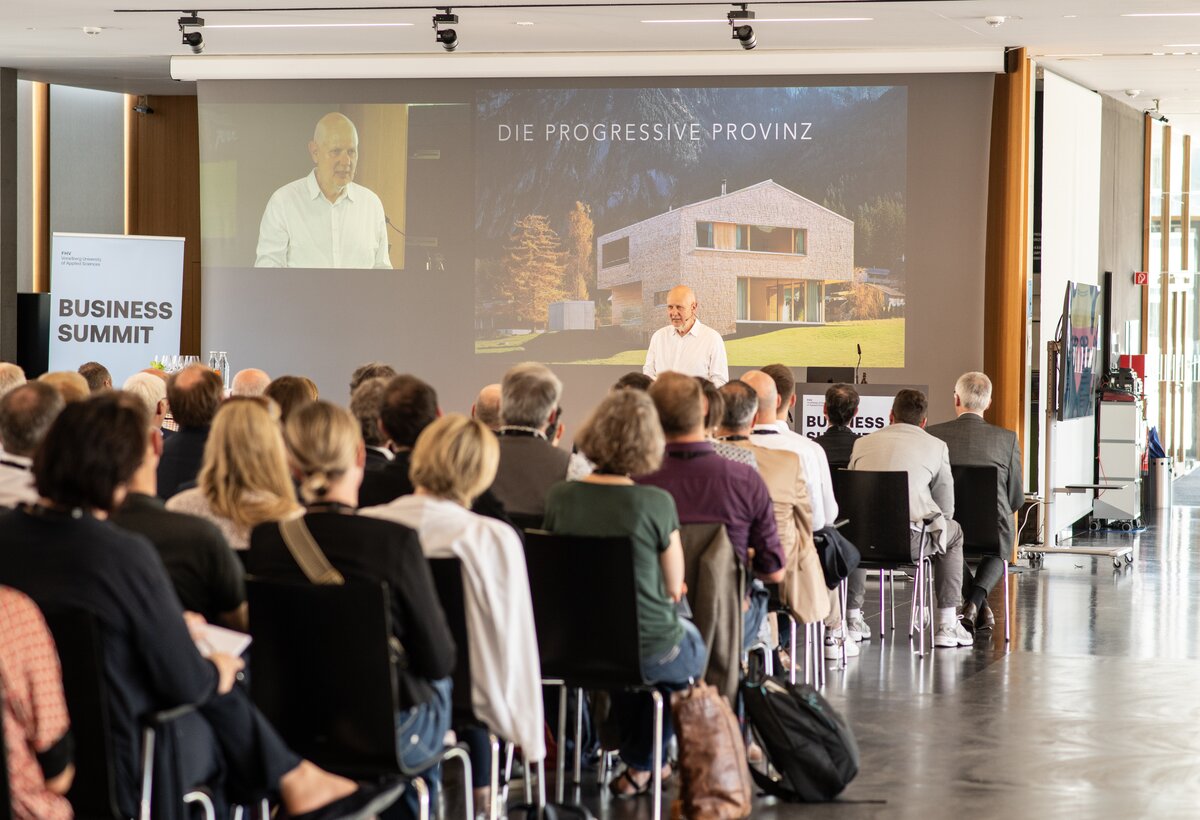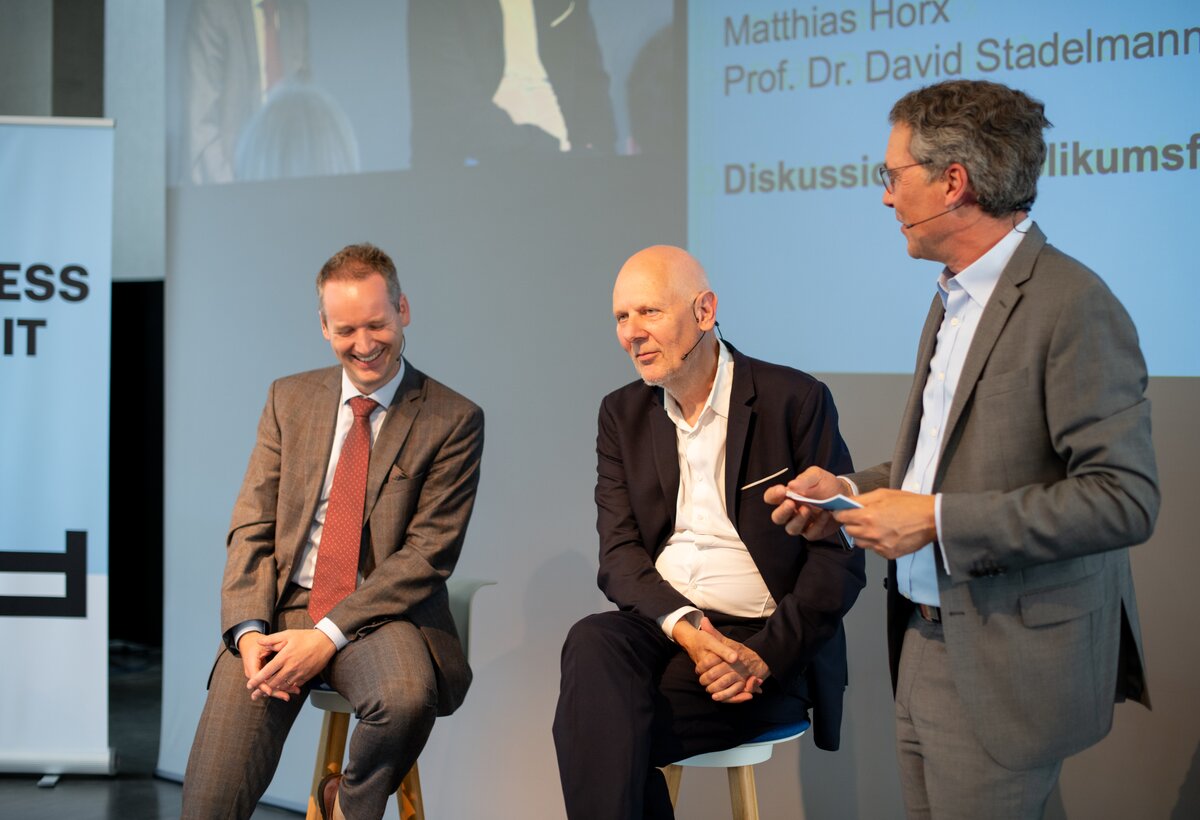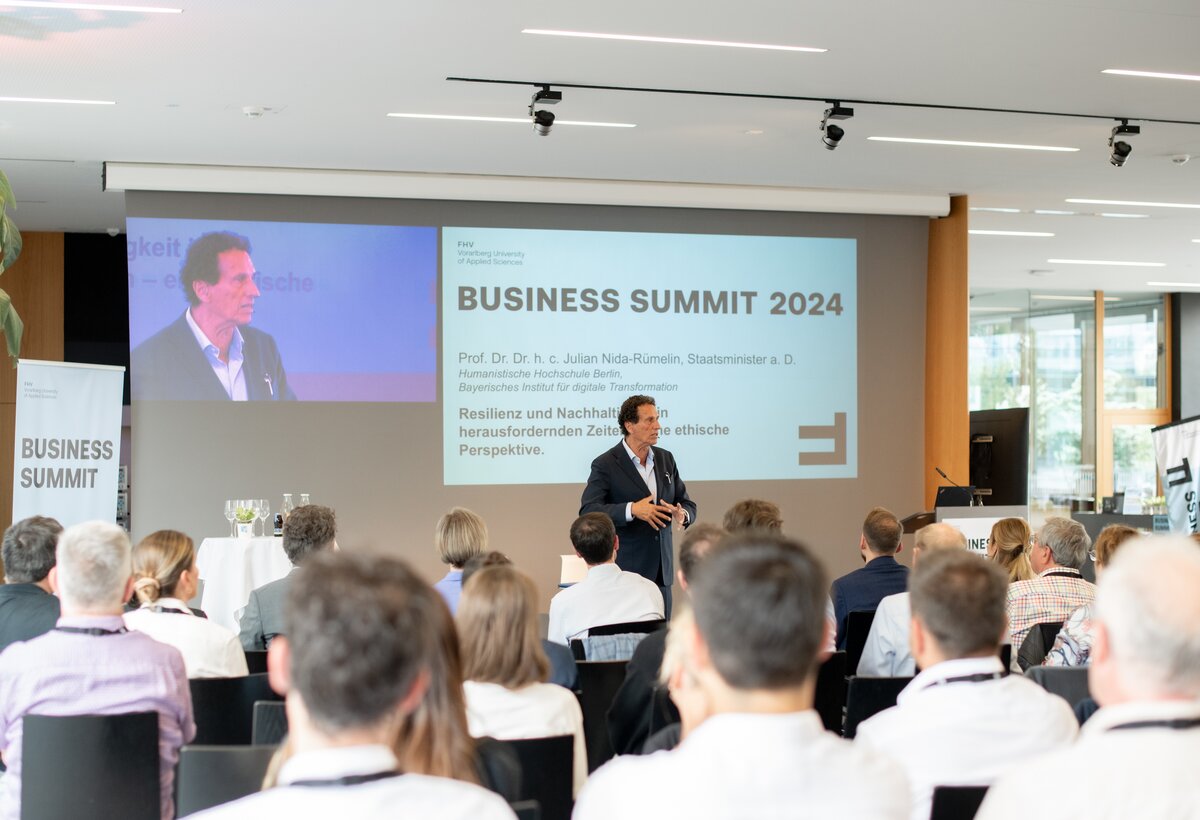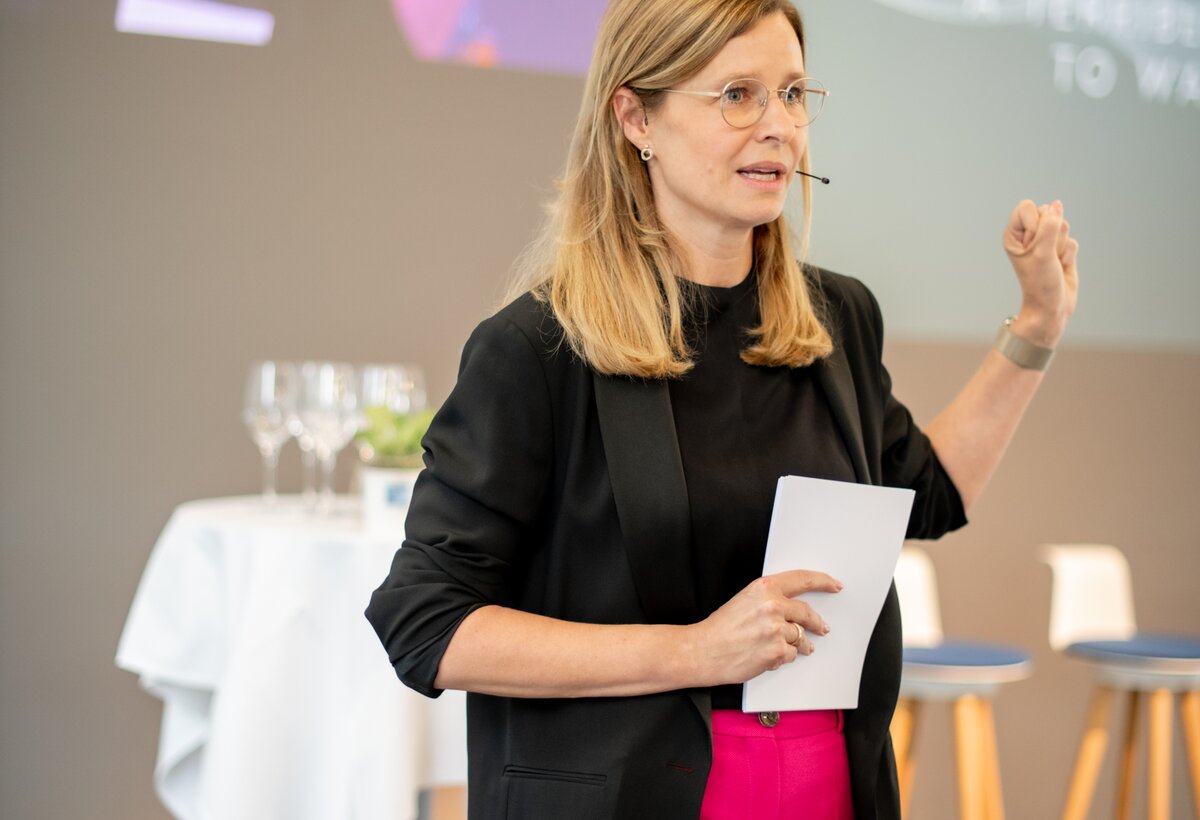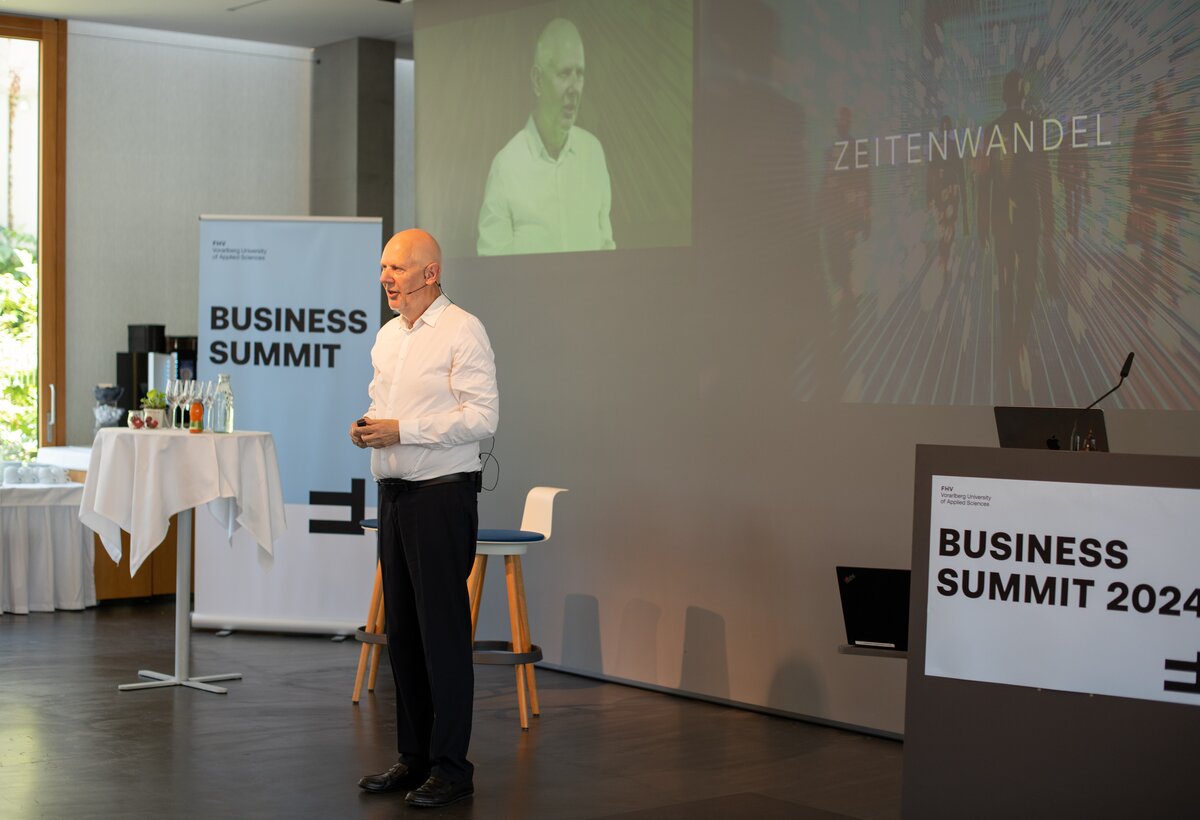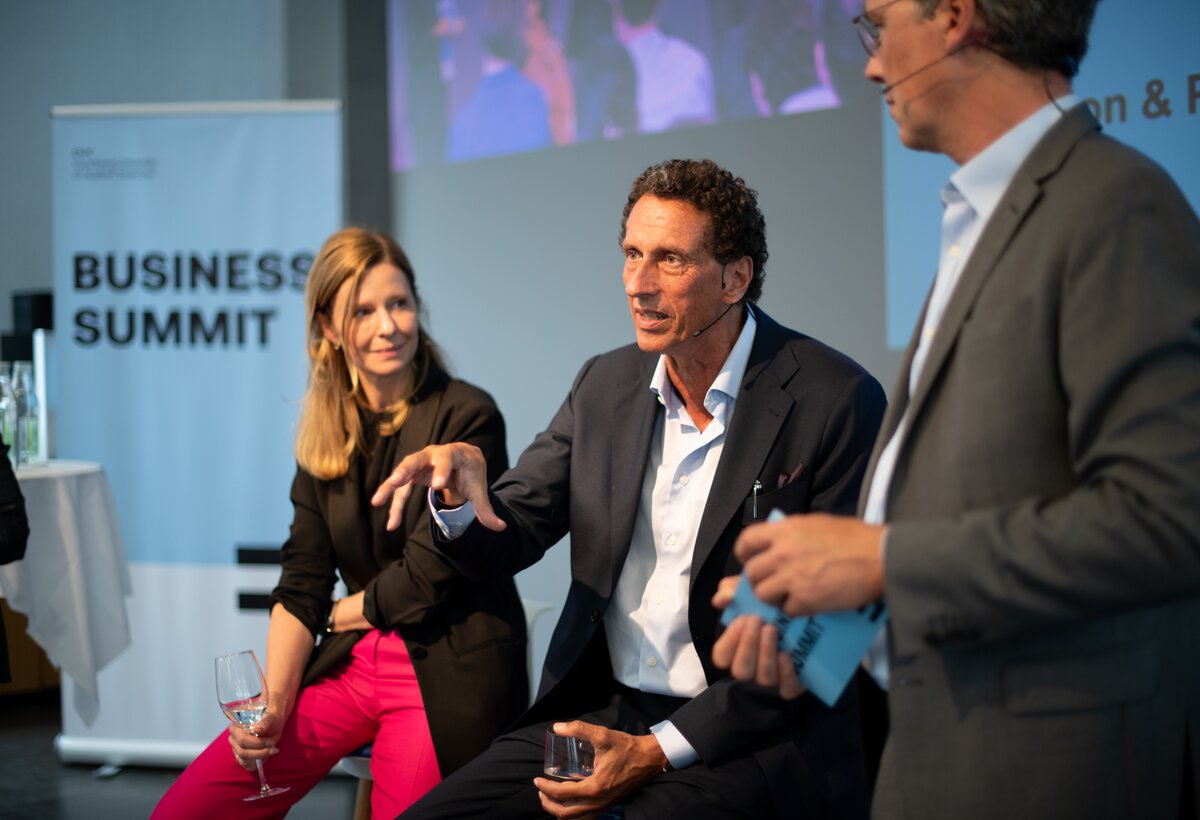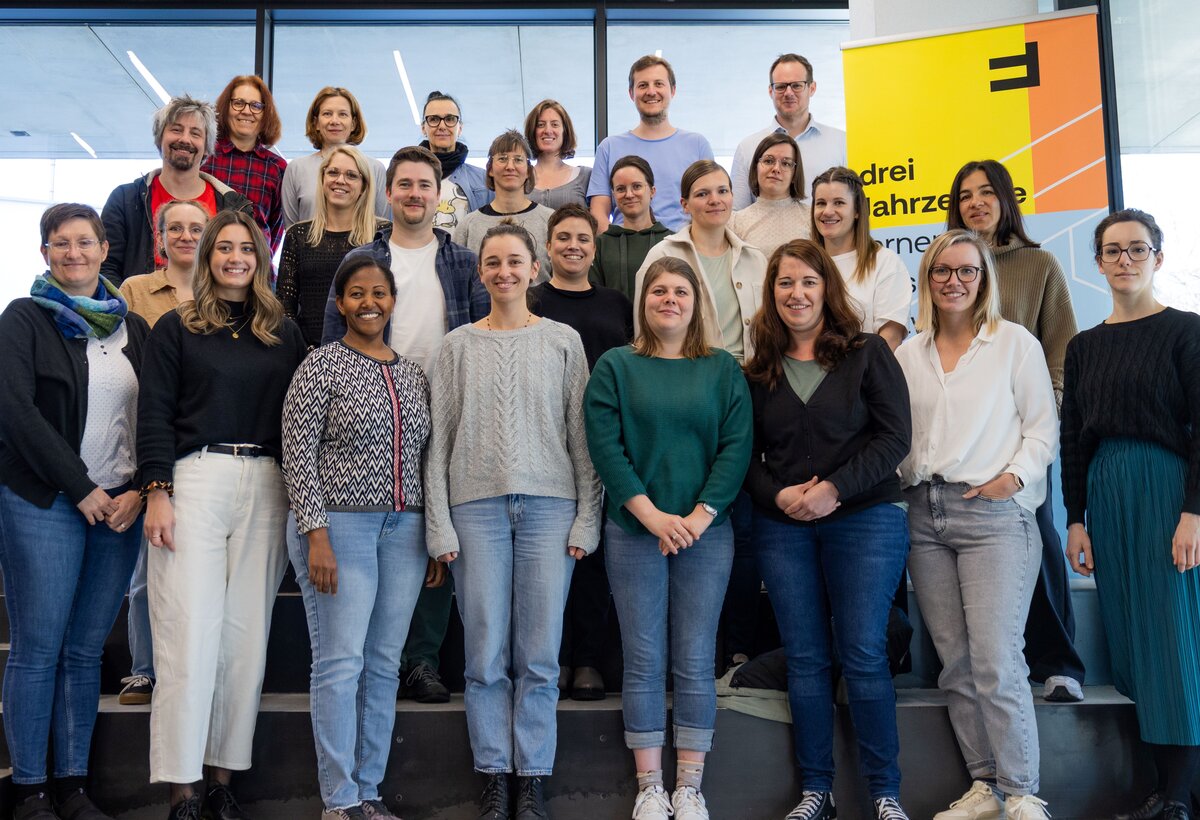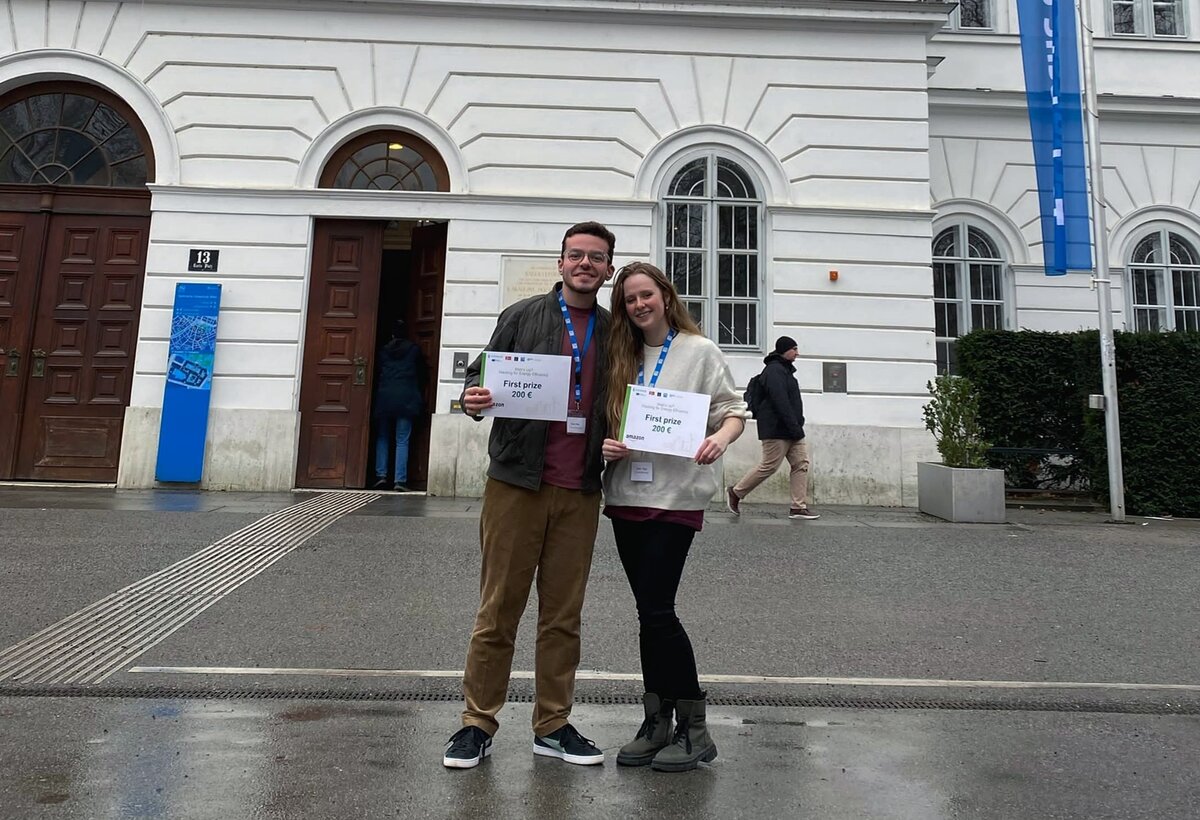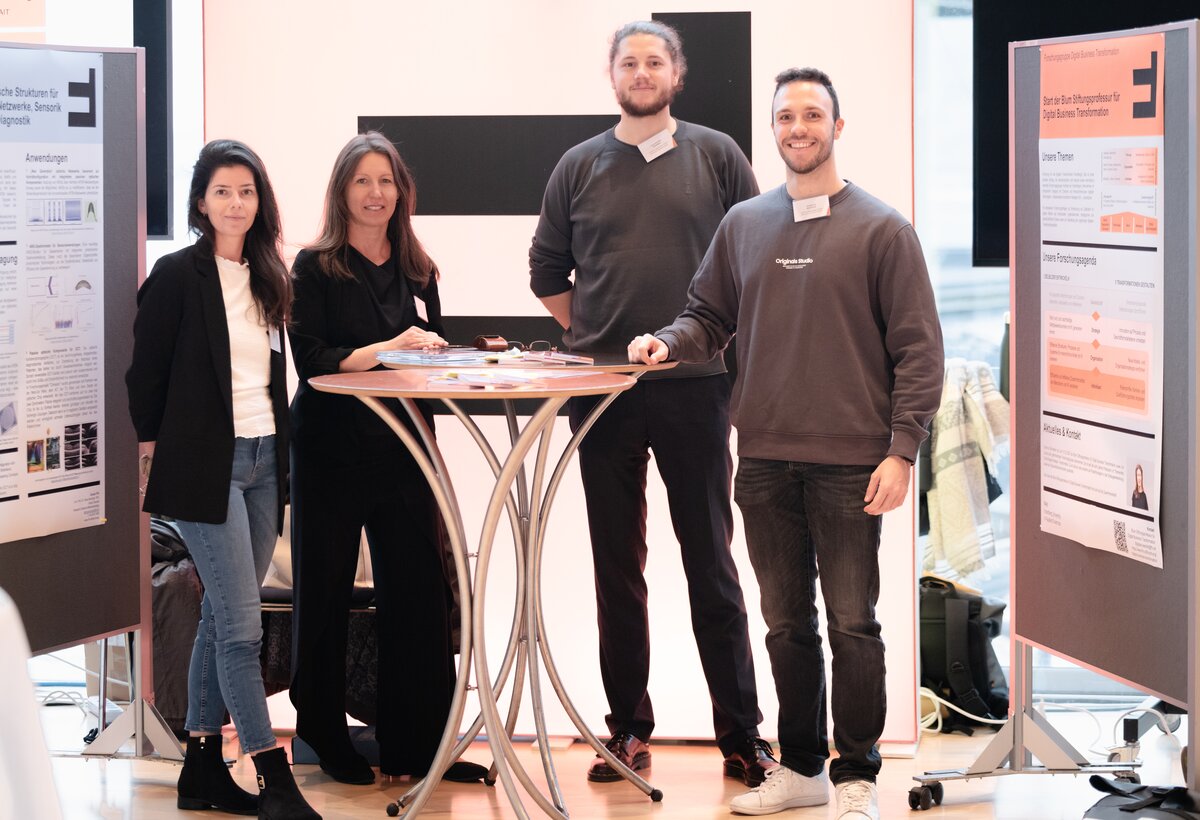Resilient organizations use crises as opportunities
10.06.2024Once again, the Vorarlberg University of Applied Sciences demonstrated that it is a place of transformative thinking at the 6th Business Summit. Organizer Markus Ilg and his team from the Department of Business and Management once again succeeded in engaging top-class speakers. This time, the focus was on the topic of resilience.
"It is important to us that the Business Summit provides a platform for discussing current issues of our time and providing new food for thought. There was a great deal of interest, the speakers addressed relevant issues of our time and opened up new perspectives for the audience with their expertise and forward thinking. The subsequent exchange and discussion with the audience was very valuable. A big thank you goes to all the sponsors of this event, above all Raiffeisenlandesbank as the main sponsor," emphasizes Ilg, who is Head of Department Business and Management at the FHV.
Promoting future strength
Matthias Horx from The Future:Project gave an insight into how crises can be seen as challenges and thus promote inner strength for the future. He addressed megatrends and positive turning points that are often overlooked. The publicist also discussed the trend-countertrend principle for shaping the future, as well as promoting possibilism and training the sense of the future through time travel.
The German philosopher and former politician Julian Nida-Rümelin looked at the terms "resilience and sustainability" from an ethical perspective and developed criteria for them. The author of numerous books also addressed the goal of providing orientation in this time of fundamental change in the global economy and international relations.
David Stadelmann, professor of economics at the University of Bayreuth, emphasized the existing resilience of companies and Business and Management as a whole. At the same time, he emphasized that an often overlooked problem lies in politics, which impedes entrepreneurial flexibility through rigid regulations and thus inhibits resilience. The Sibratsgfäller pointed out that resilience is often wrongly equated with risk avoidance and explained how inappropriate regulations lead to a lasting loss of welfare and trust. "The solution lies in resilient political institutions with clear rules. Political competition, decentralization, direct democracy or debt brakes reduce the susceptibility of politics to crises. However, decision-makers often ignore these rules. The costs of this disregard for rules are passed on to others, who are hopefully 'resilient' enough," summarized the Bregenzerwald native.
Finally, Julia Dannath, Vice President for Human Resources Development and Leadership at ETH Zurich, addressed the fact that organizations and people long for orientation in times of uncertainty and rapid change. She provided answers as to how good leadership could not only help to endure challenges, but also to grow from them.
Thanks to the sponsors
The event was made possible by the support of well-known companies from the region. The main sponsors are the Vorarlberg Raiffeisen banks. Gold sponsors: Julius Blum GmbH, Liebherr-Werk Nenzing GmbH. Silver sponsors: Alpla Werke Alwin Lehner GmbH & Co KG, Gebrüder Weiss GmbH, Hirschmann Automotive GmbH, Industriellenvereinigung (IV), RAUCH Fruchtsäfte GmbH & Co OG, City of Dornbirn, Thurnher Wittwer Pfefferkorn & Partner Rechtsanwälte GmbH, Zumtobel Group AG. Further information: Business Summit





